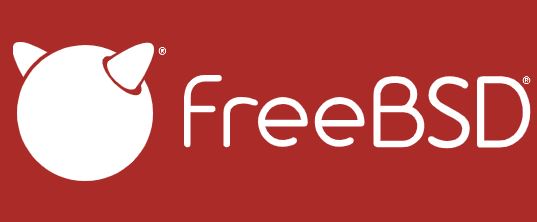Free BSD Jail is operating system-level virtualization that allows partitioning a FreeBSD based Unix server. These have the mini-systems known as jails, these jails have their own root user and also have the access rights. Jails can use the network subsystem virtualization infrastructure or can also share the existing network. FreeBSD jails are a powerful way to increase security for its users. Usually, a user can create a jail as per the services such as web server, VPN server, database and many more. Jails improve on the concept of the traditional chroot environment in several ways. In a traditional chroot environment, processes are only limited in the part of the file system they can access. The rest of the system resources, system users, running processes, and the networking subsystem are shared by the chrooted processes and the processes of the host system. Jails expand this model by virtualizing access to the file system, the set of users, and the networking subsystem. More fine-grained controls are available for tuning the access of a jailed environment. Jails can be considered as a type of operating-system-level virtualization. It was released its 4.0 version on March 14, 2000.
If FreeBSD Jails is not working as usual at this time or maybe it’s down permanently then here are some of the best alternatives to FreeBSD Jails which you will surely enjoy.
So, We have got your back! if you want to try some other Programs like FreeBSD Jails then here are some of the best FreeBSD Jails alternatives that you should try:
 Website
Website
Best Alternatives To FreeBSD Jails
Docker

Dockers helps the developers to ease their work by bringing their ideas to life by conquering the complexity of the app development. Docker simplifies and accelerates development workflows. Docker has some virtues upon which they work such as, developer obsession as they try to fit...
Nanobox

Nanobox is an ideal platform for developers. It enables the developer just to work on the coding part and not on the configuration part as Nanobox does it to ease the work of the developers. It helps in the vertical and horizontal scaling. It also...
Check Alternativesrkt
Rkt is an application container engine developed for modern production cloud-native environments. It features a pod-native approach, a pluggable execution environment, and a well-defined surface area that makes it ideal for integration with other systems. The core execution unit of Rkt is the pod, a...
Check AlternativesSingularity Container

Singularity creates a virtual environment for the application without the performance penalties which are associated with virtual machines. Users of singularity can develop or build applications without the performance penalties associated with virtual machines. Singularity is the container platform of choice to run deep learning...
Check AlternativesOpenVZ

Open VZ is container-based virtualization. Open VZ creates multiple, secure, isolated containers. And also have the root access, users, I.P address, memory, processes, files, application, system libraries. Each container executes and performs exactly like a stand-alone server, a container can be rebooted independently and have...
Check AlternativesApache Mesos

Apache Mesos is built with the same technology and principles as the Linux kernel but at a different level of abstraction. It is an open-source project which manages the computer clusters, which was developed by the University of Berkeley. Mesos uses Linux cgroups to provide...
Check AlternativesPodman

Deis is an open-source PaaS that leverages Docker, CoreOS and Heroku Buildpacks to provide a private application platform that is lightweight and flexible. Deis is an open-source application platform for public and private clouds.
Check AlternativesArkose Labs
Arkose made the application containers more user-friendly and more convenient to be used. Arkose has a command-line utility with the C helper, it has GUI for the integration in the Gnome desktop which is being similar to the run dialog, it also has arkose wrapper,...
Check AlternativesCRI-O

A lightweight alternative to using Docker, allows you to run containers directly from Kubernetes, without any unnecessary code or tooling. This page gathers resources about running CRI-O on Kubernetes and a comparison between CRI-O and Containers. It is an implementation of the Kubernetes CRI, which...
Check Alternatives